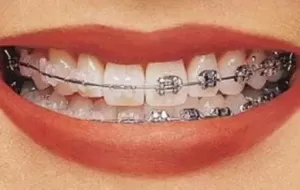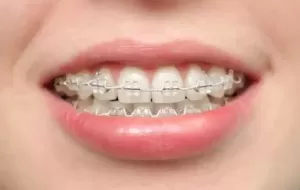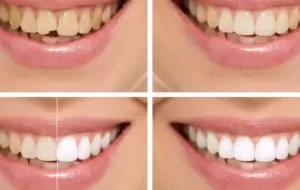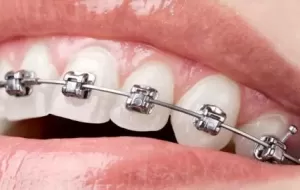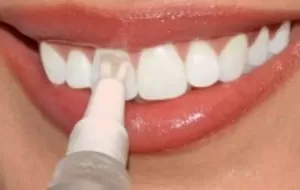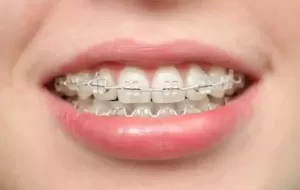Disadvantages Of Dental Implants
Dental implants
Dental implants are one of the latest technologies in dentistry. A lost tooth can be replaced with another tooth by implanting it in a way similar to how a normal tooth is naturally implanted in the gums. This is done by means of a metal screw that is implanted into the jawbone, then the dental prosthesis (artificial teeth) is fixed over it. One or more teeth may be replaced, and in some cases the entire jaw is implanted. Despite the effectiveness of this technology, it has some disadvantages, which we will discuss in this article.
How are dental implants performed?
Dental implants are performed in stages, which are:
- The first stage: The appropriate place for the implant is prepared, by placing implants made of pure titanium metal in the jawbone in place of the missing tooth.
- The second stage: the jawbone and implant heal, which is called osseointegration. This process takes six months for the upper jaw and three months for the lower jaw.
- The third stage: the final composition of the dental implant. This stage includes a number of sessions to make the final composition of impressions of the mouth and test it for final fixation.
Disadvantages of dental implants
Dental implants have many disadvantages and multiple risks, including:
- The need for continuous cleaning of the mouth and teeth, and if this is ignored, severe infections in the mouth may occur.
- The implantation process is not suitable for each jaw, as the sizes and density of the jaw bones differ, so it is not suitable for all people, such as a person who has been hit in the face.
- Loss of feeling for some things through the teeth, due to the hole in the jaw, and the artificial tooth not being connected to sensory nerves, but to metal.
- Side effects resulting from local anesthesia of the jaw, when performing the implant procedure.
- The possibility of losing implanted teeth due to some side effects associated with some diseases in the jaw, such as periodontitis.
- The jaw is exposed to additional problems due to bone loss and tooth roots when the implanted teeth are lost, not when the implant is undergoing the implant procedure.
- Gum fatigue when it is necessary to remove dental implants more than once, replace them with others, or modify the implant procedure.
- The high cost of the implant procedure, compared to installing a bridge or dentures.
Advantages of dental implants
Despite the disadvantages of dental implants, they have advantages, including:
- Improving the external appearance of the mouth: especially since the implanted artificial teeth are very similar in their external appearance to natural teeth.
- Dental stability: Some people who wear bridges and dentures fear that their teeth will fall out and feel embarrassed in front of others. Dental implants, however, give the patient security when speaking or laughing, because the teeth implanted in the gums are stable and cannot fall out easily.
- Ease of chewing: The person will not feel discomfort while eating various types of food, nor will he feel any pain, and will be able to bite the food with ease.
- Preserving the original teeth: The rest of the original teeth are not removed during dental implants, as is the case with the installation of a dental bridge, but rather many of the patient’s teeth are preserved.
- Long-term dental viability: Dental implants are characterised by their durability and strength, thanks to the strength and durability of the artificial roots used in implantation, which last for many years. If a person takes good care of them, they will remain viable throughout their life.
- No tooth loss or jaw bone erosion: Dental implants are a good way to reduce jaw bone loss.
- Scalability: Many scientific and medical developments provide the field of dental implants with high-quality medical materials and tools, which increases the chances of success of the dental implant procedure.
History of dental implants
If we look at the history and idea of dental implants, we will find that they are based on the discovery that human bones have a great ability to accept titanium, because it is one of the strongest and hardest metals that can play the role of bones as if it were part of them. This, of course, is what gives people the ability to enjoy the natural pressure of teeth on food to chew it and then send nerve signals to the brain to help secrete enzymes that help taste and digest well.
